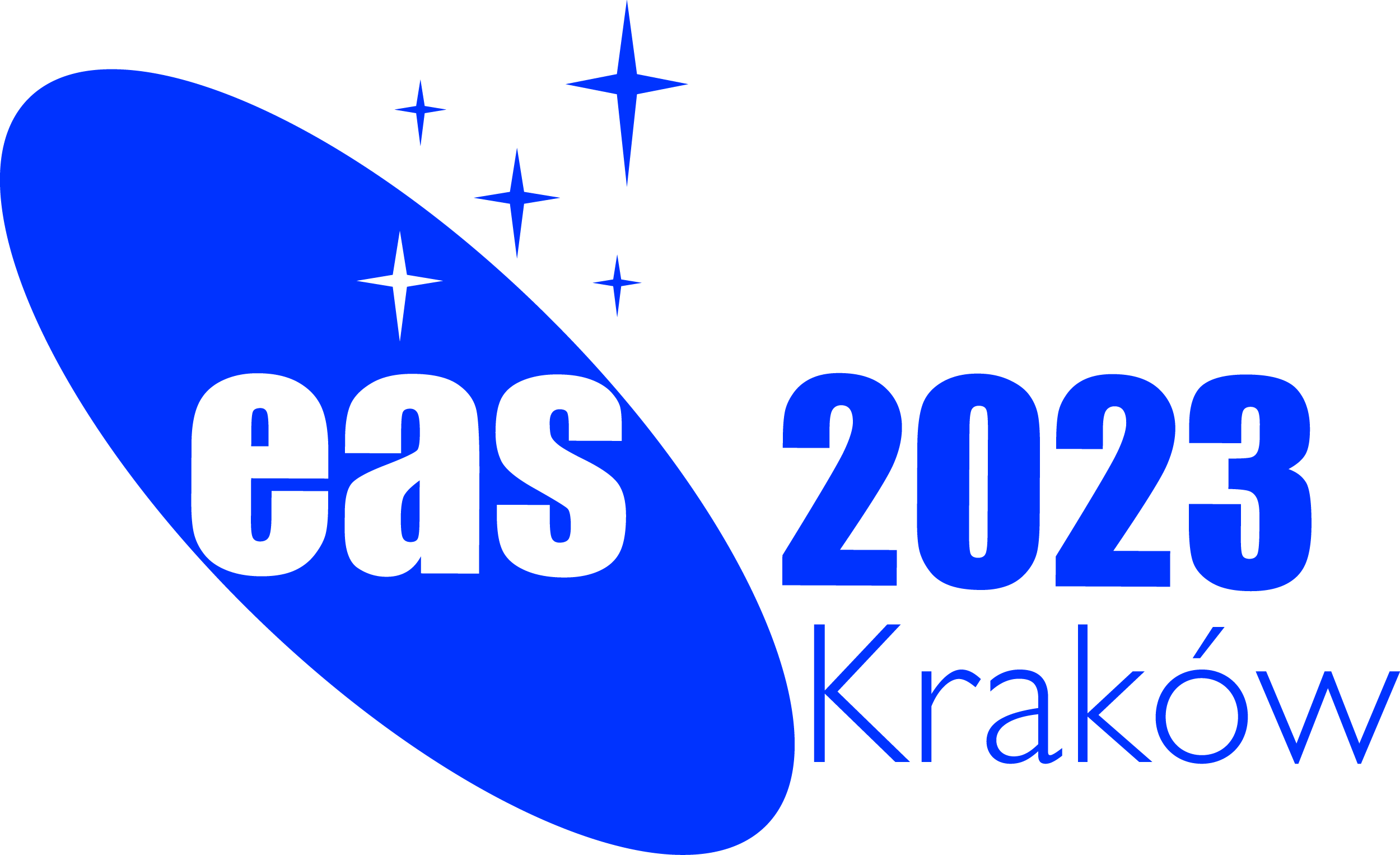The discovery of exoplanets have reshaped our understanding of planetary science. From hot Jupiters and ultrashort-period planets to compact systems and temperate rocky planets, exoplanet populations have diverse and unexpected properties.
With the next generation of observing facilities such as JWST, PLATO, ARIEL, ELT, coming online, as well as ongoing missions, we can look forward to a revolution in exoplanet detection and characterisation where their properties, atmospheres, architectures and more will be studied in great detail.
Advanced techniques, methods and models will be necessary to process new observations and unravel the underlying physics that drives the formation and evolution of exoplanetary systems.
The special session aims to bring together the exoplanet communities across Europe to present the latest results and exchange expertise on state-of-the-art observational and modelling efforts in preparation for the next generation of telescopes.
The scientific organisers Kristine Lam (German Aerospace Center) , Laura Kreidberg (Max Planck Institute for Astronomy) , Enric Pallé (Instituto de Astrofísica de Canarias) and Vincent Van Eylen (Mullard Space Science Laboratory) are part of the SPP 1992.
Click here for further informations.
The European astronomical society annual meeting from 10 to 14 July 2023 at ICE in Kraków, Poland.

